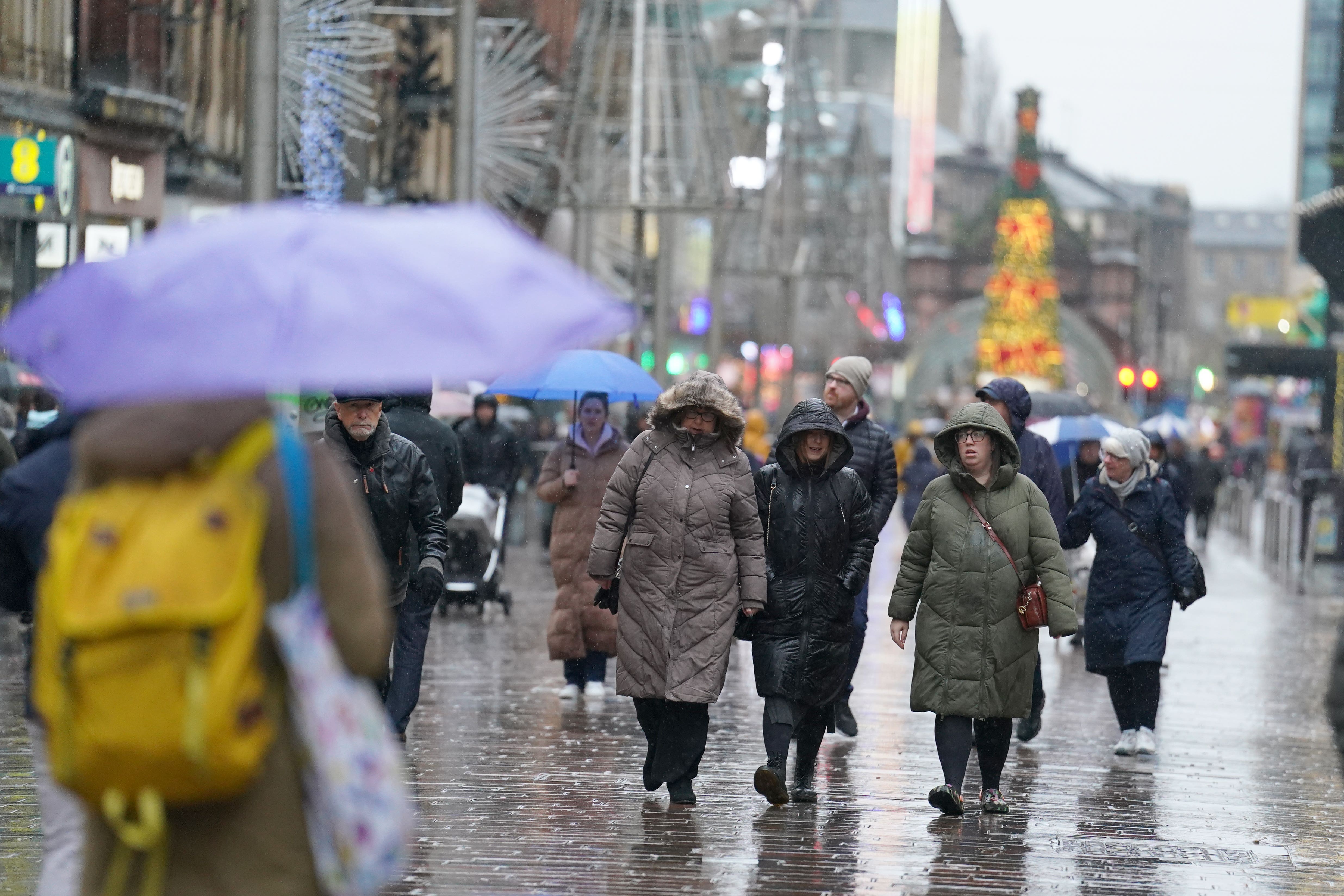UK economy grows more than expected in November after services boost
Gross domestic product (GDP) rose by 0.3% in November, after declining by 0.3% in October, according to the Office for National Statistics.

Your support helps us to tell the story
From reproductive rights to climate change to Big Tech, The Independent is on the ground when the story is developing. Whether it's investigating the financials of Elon Musk's pro-Trump PAC or producing our latest documentary, 'The A Word', which shines a light on the American women fighting for reproductive rights, we know how important it is to parse out the facts from the messaging.
At such a critical moment in US history, we need reporters on the ground. Your donation allows us to keep sending journalists to speak to both sides of the story.
The Independent is trusted by Americans across the entire political spectrum. And unlike many other quality news outlets, we choose not to lock Americans out of our reporting and analysis with paywalls. We believe quality journalism should be available to everyone, paid for by those who can afford it.
Your support makes all the difference.The UK economy grew by more than expected in November, according to new figures, as the prospect of the country entering a recession at the end of the year hangs in the balance.
Gross domestic product (GDP) rose by 0.3% in November, after declining by 0.3% in October, according to the Office for National Statistics (ONS).
Economists had been expecting GDP to rise by 0.2%.
The uplift was driven by the wide-reaching services sector, after a strong month for retail amid the Black Friday sales, which rose by 0.4% and was the biggest contributor to economic growth.
The longer-term picture remains one of an economy that has shown little growth over the last year
It follows the economy shrinking in October, when manufacturing and construction sectors were hit by poor weather conditions.
It means that the UK is teetering on the brink of falling into a technical recession at the end of the year, which can be defined as two consecutive quarters of negative growth.
The economy declined between July and September, according to revised estimates from the ONS.
Therefore, monthly GDP would need to be fractionally below zero in December, 0.02% or more, in order for the economy to have shrunk between October and December as well.
It has prompted experts to caution over the precarious situation facing the country.
Richard Carter, the head of fixed interest research at Quilter Cheviot, said: “This morning’s figure shows just how precarious the situation is for the UK economy and piles yet more pressure onto the Bank of England to cut interest rates.
“The Bank has managed not to tip the UK into a recession to date, but it is looking increasingly likely that its luck may be coming to an end.”
Suren Thiru, economics director for chartered accounts group ICAEW, said: “November’s rebound may have been insufficient to prevent a small technical recession at the end of 2023, with the cost-of-living squeeze and high borrowing costs likely to have constrained output in December.
“With the UK teetering on the brink of recession and inflation slowing, the case for loosening policy sooner rather than later is growing.”
However, Samuel Tombs, chief UK economist for Pantheon Macroeconomics, provided a more positive outlook for the economy which he thinks will recover this year.
He said it is likely to “regain some momentum” over 2024 thanks to rising wages, falling inflation and mortgage costs coming down.
The ONS’s chief economist Grant Fitzner said: “The economy contracted a little over the three months to November, with widespread falls across manufacturing industries, which were partially offset by increases in public services, which saw less impact from strike action.
While growth in November is welcome news, it will be slower as we bring inflation back to its 2% target
“GDP bounced back in the month of November, however, led by services with retail, car leasing and computer games companies all having a buoyant month.
“The longer-term picture remains one of an economy that has shown little growth over the last year.”
Prime Minister Rishi Sunak had pledged at the start of 2023 to “grow the economy”, leading some experts to say the target could have been missed as a result of broadly flat GDP over the year.
Chancellor Jeremy Hunt said: “While growth in November is welcome news, it will be slower as we bring inflation back to its 2% target.
“But we have seen that advanced economies with lower taxes have grown more rapidly, so our tax cuts for businesses and workers put the UK in a strong position for growth into the future.”